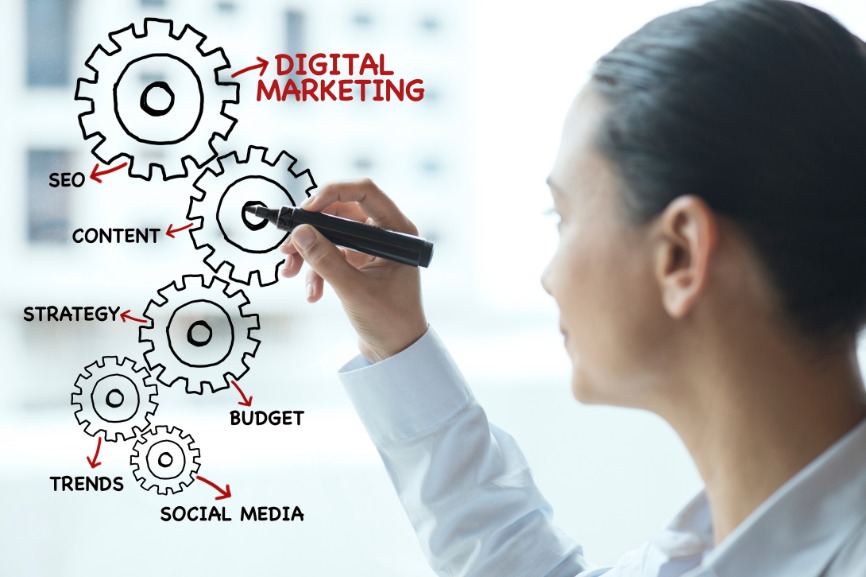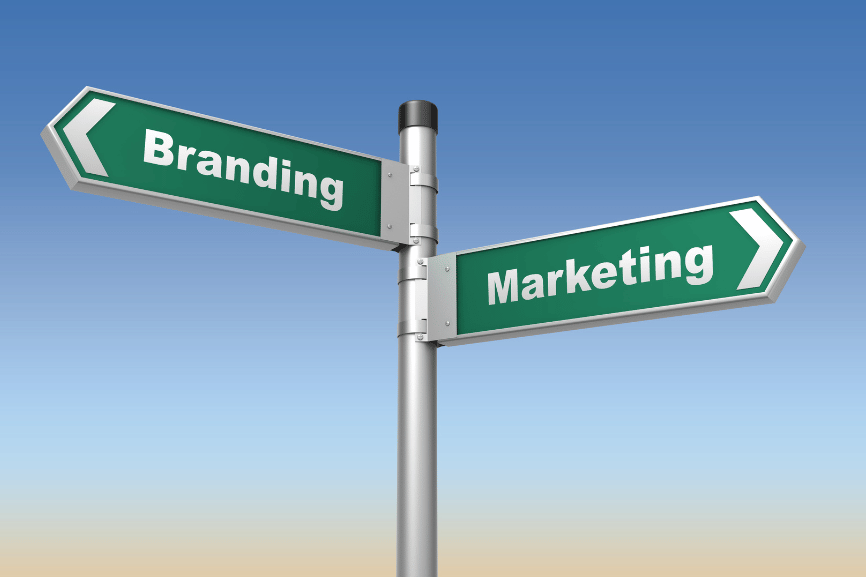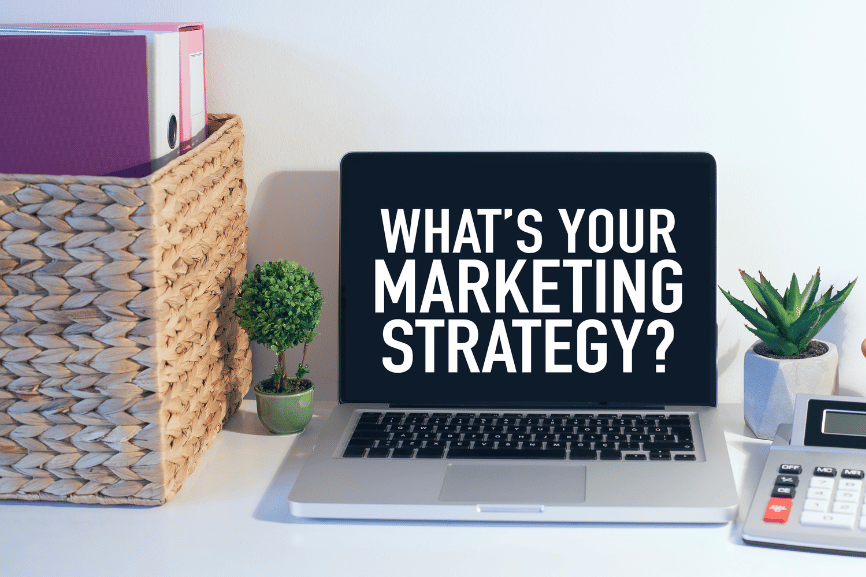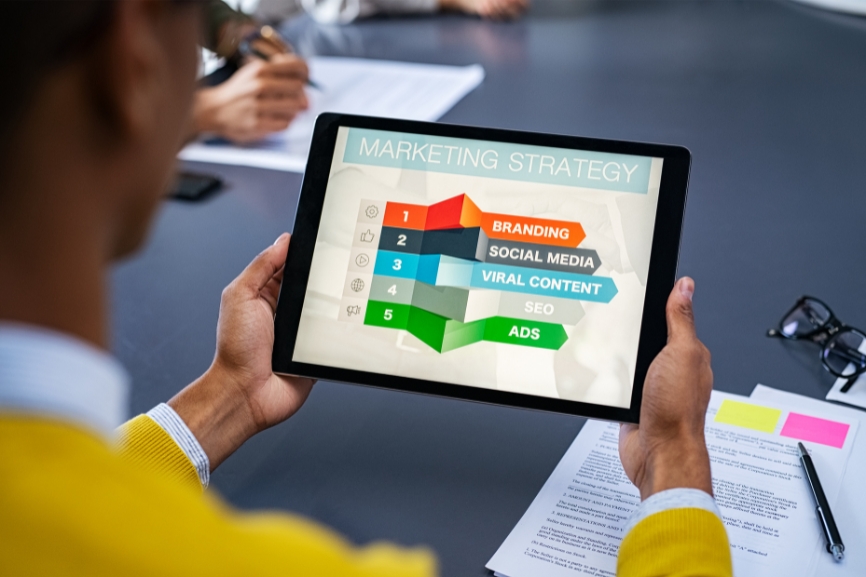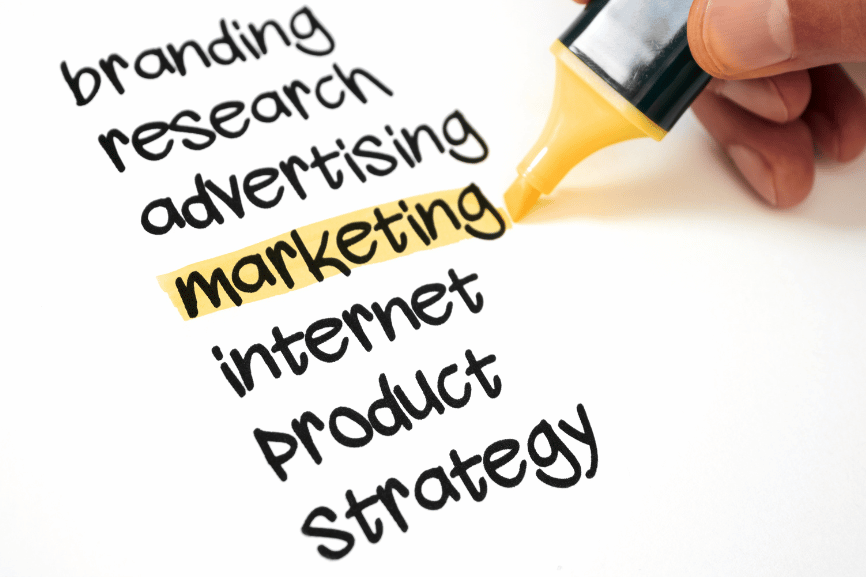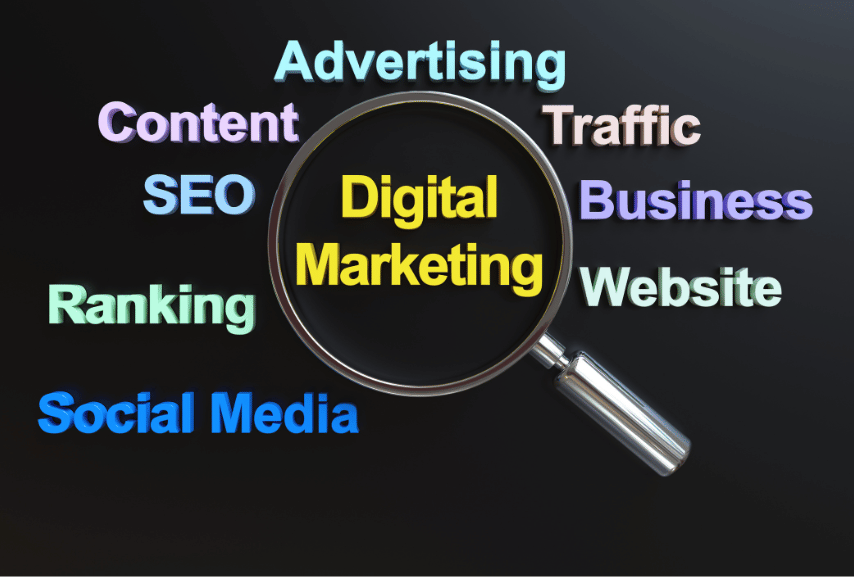How to choose the right digital marketing company for your business ?
Expertise that makes waves: Look for a digital marketing company with a proven track record of driving exceptional results through their SEO strategies and captivating blog content. Ride the wave of their expertise to make your brand stand out in the digital realm. Unleash the power of SEO: Harness the potential of search engine optimization (SEO) by partnering with a digital marketing company that excels in crafting blog content optimised to rank high on search engine results. Watch your online visibility soar as your brand takes the spotlight. Captivate with compelling blog content: Choose a digital marketing company that knows how to create irresistible blog content. Their knack for crafting engaging narratives and captivating readers will ensure your brand’s message leaves a lasting impression on your audience. Skyrocket your brand’s online presence: Team up with a digital marketing company that understands the power of SEO-based blog content in skyrocketing your brand’s online presence. Watch as your website traffic surges and conversions soar to new heights. Stay ahead of the competition: Select a digital marketing company that stays at the forefront of industry trends and best practices. Their commitment to staying ahead of the curve in SEO and blog content will give your business a competitive edge in the ever-evolving digital landscape. A tailored strategy for success: Find a digital marketing company that takes the time to understand your unique business goals and develops a customized strategy to achieve them. With their SEO-based blog content, they’ll deliver targeted results that align with your brand’s vision. Drive organic growth: Partnering with a digital marketing company proficient in SEO-based blog content will help you drive organic growth for your business. By ranking higher in search engine results and attracting quality traffic, you’ll see your business thrive. Engage and convert your audience: Choose a digital marketing company that excels in creating blog content that not only captures attention but also engages and converts your audience. Their expertise in SEO will ensure your brand’s message reaches the right people at the right time. Elevate your brand’s image: A digital marketing company well-versed in SEO-based blog content knows how to showcase your brand in the best light. Through compelling storytelling and captivating visuals, they’ll help elevate your brand’s image and leave a lasting impression on your target audience. Results-driven partnership: Opt for a digital marketing company that values results as much as you do. With their SEO-based blog content expertise, they’ll be your trusted partner in driving measurable success and achieving your business objectives. Choose wisely, and let the power of SEO-based blog content fuel your business growth and success in the digital landscape!
How to choose the right digital marketing company for your business ? Read More »

